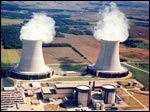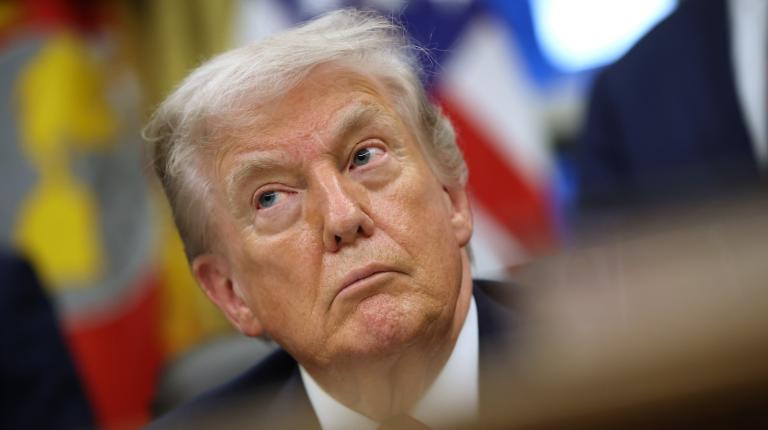
Kevin Drum, whose judgment and writing I very much admire, has made a rare lapse.
He points to this Washington Post editorial from Patrick Moore — deceptively described only as a "co-founder of Greenpeace" — and sighs that although he struggled with the decision, he’s come to the conclusion that aside from nuclear power, "there aren’t any other realistic alternatives for replacing coal-fired facilities."
Rather than repeat myself, I’ll just reprint two comments I left on Kevin’s site (slightly edited), in reverse order.
On Patrick Moore:
Patrick Moore did not just now "change his mind" about nuclear. He’s been advocating for it for years.
And describing him only as "one of the founders of Greenpeace" is extraordinarily misleading. He’s a notorious crank and industry shill.
And on nuclear power:
How disappointing to see everyone here parroting this tired conventional wisdom. Nuclear seems to have become some kind of totem by which progressives prove themselves "reasonable." Aren’t we sick of getting duped that way yet?
The idea that wind, solar, geothermal, and hydrokinetic should, individually or collectively, "replace" coal is a straw man. What greens are proposing is a new paradigm, pairing aggressive energy efficiency and conservation (easily the cheapest "source" of energy) with distributed small-scale sources appropriate to regional context, and smart grids.
People say it will take too long to scale this up and implement appropriate policy. But a new generation of nuclear plants will take a minimum of 10 years to get going. What could efficiency + renewables do in 10 years, with comparable public subsidies and aggressive political support? We know they couldn’t address the energy shortfall? How?
Let’s ask the market. Investment money is streaming into small-scale, distributed power, but the nuclear industry is utterly moribund. If it were revived, it would be a Frankenstein, entirely sustained by government largess. Mining uranium is an environmental nightmare; building the plants is prohibitively costly; the risks are all but uninsurable. What we’re talking about is creating a(nother) huge, centralized, politically connected energy cartel forever seeking to increase its take from the public teat. We need more of those?
Do not accept the oft-repeated canard that we cannot fundamentally change our energy situation, that we must simply plug one massive, unsavory power cartel in to replace another. We can build better vehicles, better cities, better infrastructure. We can drive less, consume less, and change our food system to reduce freight distances. We can shift policy to internalize industry externalities. We can tax carbon. And we can lavish the same attention, subsidies, and tax breaks on renewables that we do now on oil, coal, and agribusiness.
Can clean energy fill the coal gap? It’s got momentum, investment enthusiasm, and the arc of history on its side. Nuclear is the "least worst" option that everyone holds their nose to support. It feels wrong, because it is wrong, and a culture that remembered back when it used to have some fucking balls and ambition would throw itself behind what it knows is right.



